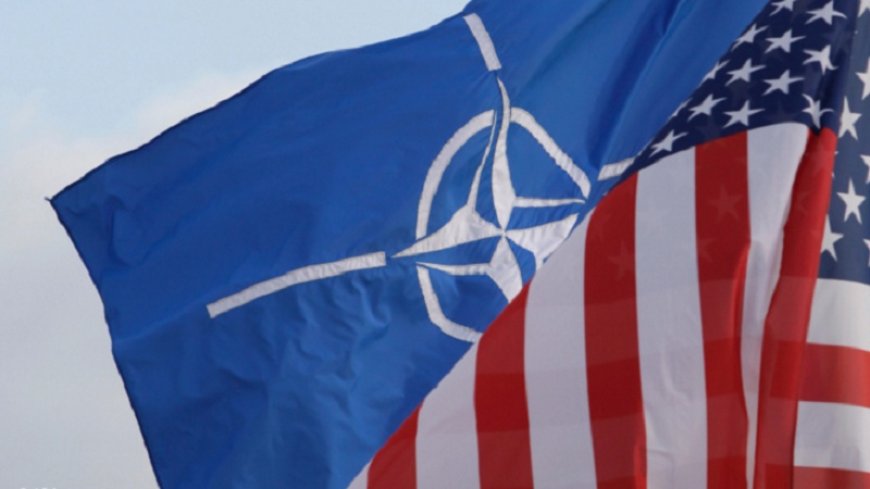Trump did not rule out the possibility of the US withdrawing from NATO
US President-elect Donald Trump has not ruled out the possibility of the United States withdrawing from the North Atlantic Treaty Organization.

US President-elect Donald Trump rekindled worries about the future of NATO in a recent interview with NBC News, implying that the US would think about leaving the alliance unless its members fulfill their financial responsibilities. Before his inauguration, Trump's remarks have spurred fresh discussion on the feasibility of NATO and the potency of transatlantic solidarity under his presidency.
Regarding the US's allegiance to NATO, Trump was unambiguous: "If they don't pay their bills, of course," he said, alluding to member state financial payments. His comments reflect a repeating motif from his campaign, in which he regularly attacked NATO partners for inadequate defense budgets, therefore burdening expenditures mostly on the United States. NATO's own rules state that every member nation is supposed to devote at least 2% of their GDP for defense. Many European allies, who depend mostly on the US for military support, have, nevertheless, fallen short of this goal.
Trump's focus on financial donations as a necessary condition for preserving US participation in NATO begs questions regarding the alliance's survival. The US could demand more financial pledges from NATO members under the Trump presidency, which would cause possible conflict with European partners already under strain to reach defense expenditure targets.
The Affect on Transatlantic Relations
Many European leaders who see NATO as the pillar of their security and a necessary counterbalance to Russian influence in Eastern Europe will probably find Trump's remarks unacceptable. Should the US withdraw from NATO, the alliance would be left with a major power vacuum that would perhaps compromise its strategic capacity. For Eastern European nations, especially those on NATO's eastern edge, a decrease in US engagement could cause concerns about their security in view of Russian aggressiveness.
Trump's emphasis on financial burden-sharing captures his "America First" foreign policy posture, but it also runs the danger of offending important NATO partners. Historically, NATO has been more than just a financial transaction; it is a collective defense structure built on shared principles and mutual security interests. The US pulling out or threatening to do might compromise the entire basis of the alliance and change the world power balance.
Problems Affecting NATO's Cohesiveness
Trump's posture on NATO emphasizes the continuous difficulties NATO has keeping cohesiveness among shifting geopolitical conditions. Although the US has been the main military force in NATO for decades, requests for a more equitable sharing of defense duties among members states have resulted from the development of China and Russia and their growing military aggressiveness.
Paradoxically, Trump's threat to pull out could be a wake-up call for NATO members to boost their defense budget and assume more personal security responsibility. Conversely, the idea that financial contributions determine NATO's longevity runs the danger of turning a multifarious security alliance into a transactional partnership, therefore undermining the unity that has kept it strong since its creation in 1949.













































